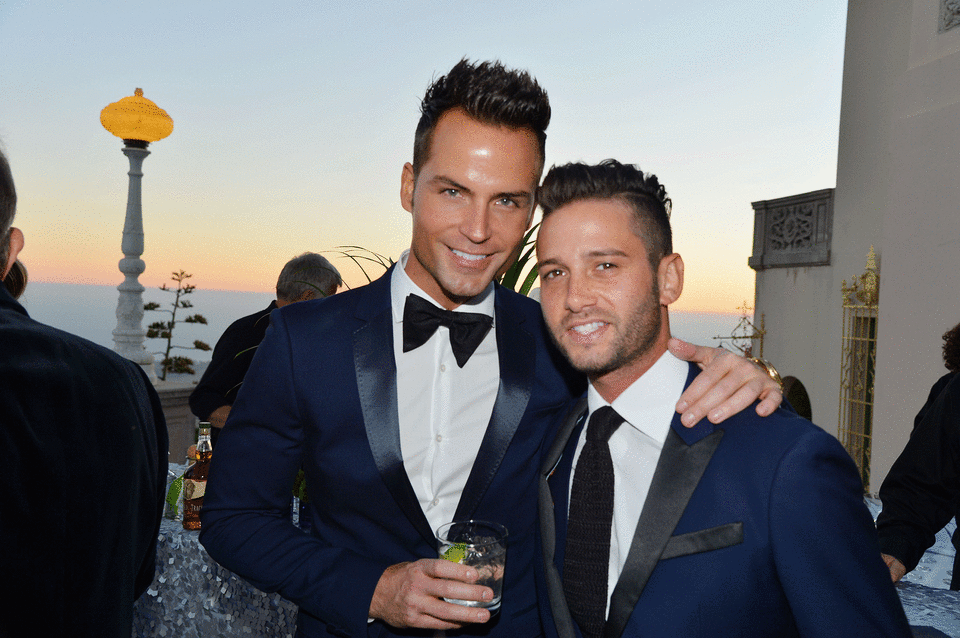
President Vladimir Putin of Russia has drastically miscalculated in launching a full-scale military invasion of Ukraine. In effect, he has returned combat and killing to a region largely free of those burdens since the Balkan wars of the 1990s.
The Russian military can occupy Ukraine but the cost will be heavy in dimensions that go beyond the tragic loss of life. The likelihood of actually establishing permanent control over this independent nation is nil.
Ukraine’s military is fighting hard against the invaders. This reflects generally strong anti-Russian sentiments, and commitment to independence, in the western part of the nation.
Putin uses public posturing and threats against largely imaginary enemies to increase his international visibility. However, his significant accomplishments remain essentially domestic in nature.
Restoring order and stability in Russia at the turn of the century is notable, indeed remarkable. This following true anarchy in Russia following the collapse of the Soviet Union. His tenure in power in Moscow has now surpassed two decades.
In 2014, Russia seized Crimea and the eastern portion of Ukraine. Crimea had been part of Russia until Soviet leader Nikita Khrushchev transferred the peninsula to the authority of Ukraine in 1954.
Ukraine became independent from Moscow following the Russian Revolution that began in 1917. After World War II, the Soviet Union absorbed the nation. Independence was regained following the collapse of the Soviet Union in 1991.
The invasion of eastern Ukraine by Russia’s army, after months of substantial aid to rebel forces drastically undercut stability in Eastern Europe. The U.S, Europe, and the international community must resist this, while trying to avoid wider war with Russia.
The fall of the Berlin Wall in 1989, followed by the disintegration of the Soviet bloc and then the Soviet Union, represent historic strategic victory for the West. The end of the Cold War confirmed the policy of deterrence termed “containment.”
Instant editorial commentaries on Russia’s war against Ukraine often emphasize the end of the Post-Cold War order. That may be true in the most literal sense, but not strategically. Containment in fact was the application of traditional realism regarding power realities, especially the military significance of the nation-state.
Putin, undeniably a remarkable leader, generally plays his strategic cards well. However, his hand remains weak. The Russian economy is vulnerable, dependent on petroleum, plagued with corruption.
Opinion polls in Russia show Putin’s popularity declining. External power plays clearly are in part a response. The very existence of serious opinion polls provides empirical evidence of just how profoundly Russia has changed since the era of Soviet totalitarianism.
Before today’s pervasive electronic media, totalitarian dictators in Nazi Germany, the Communist Soviet Union and other nations could effectively isolate their populations. Power holders substituted propaganda for facts and reality.
Such control is no longer possible.
Russia’s aggression has energized NATO, dramatically. The war has transformed the new German government. Caution is gone, replaced by aid to Ukraine and military modernization. Russia’s fear of Germany makes this move especially significant.
Poland, in NATO since 1999, now leads in the collective effort to provide arms to bordering Ukraine. U.S. officials are confident and clear in condemning Putin’s violation of both international law and practical norms of behavior.
The global economy permits effective penalties and sanctions against Russia, including the rich elite. The ruling clique is becoming isolated.
Communism once seemed on the offensive. Russia today is structurally defensive. The world has changed.
Learn More: John Mearsheimer, “The Great Delusion”
Arthur I. Cyr is author of “After the Cold War” (NYU Press and Palgrave/Macmillan). Contact acyr@carthage.edu
This article originally appeared on The Shawnee News-Star: Cyr: Putin’s costly miscalculation and desperate disadventure




